TEHRAN (Bazaar) – Professor Paul Pillar, who was CIA intelligence analyst for 28 years, says even though the Biden administration's official posture is that the election calendar does not figure into its negotiating strategy, I believe post-election is indeed its preferred time for reviving the JCPOA.
Pillar told Bazaar news agency that “The US and the Europeans are willing to conclude a deal on a restored JCPOA even if the safeguards issue has not yet been resolved.”
Following is the text of the interview:
Q: Considering the protests in Iran and the positions of people like Robert Malley, some experts believe that America is trying to separate nuclear negotiations from other issues. What is your assessment?
A: The United States certainly considers the issues to be separate. The US position, which in my view is correct, is that regardless of what one may think of other issues involving Iran (including the current anti-government protests …), without a restored JCPOA there will be a nuclear problem and all the other problems involving those other issues.
Q: The director general of the International Atomic Energy Agency says that the dialogue with Iran on the issue of nuclear safeguards has resumed. To what extent is this issue influential in the process of Iran's nuclear negotiations?
A: Iran is the only player that is trying to link those issues. The US position is that it cannot and will not tell the IAEA what to do to resolve the safeguards issue, and that if Iran is anxious to get a resolution of that issue then it should cooperate with the IAEA and give full and correct answers to its questions. The US and the Europeans are willing to conclude a deal on a restored JCPOA even if the safeguards issue has not yet been resolved.
Q: Iran has expressed readiness to resume negotiations. What is your assessment of this issue?
A: I think the reaction of the other parties will be to ask whether there has been enough evolution in the Iranian position to make negotiations worthwhile. The draft that the EU put on the table several weeks ago was described as its "final" effort, and the decisions yet to be made would have to be made in national capitals rather than at the negotiating table in Vienna.
Q: Sputnik, which is a Russian media, recently quoted a Russian official and announced that the nuclear talks will resume next month. Do you think the negotiations will start on this date?
A: Possibly, although I would not expect an early breakthrough until and unless the Iranian side backs off from its demand about the IAEA closing the books on the safeguards issue.
Q: It seems that after the US congressional elections, it is the right time for the Biden administration to start nuclear negotiations with Iran. What is your assessment?
A: Even though the Biden administration's official posture is that the election calendar does not figure into its negotiating strategy, I believe post-election is indeed its preferred time for reaching a deal.

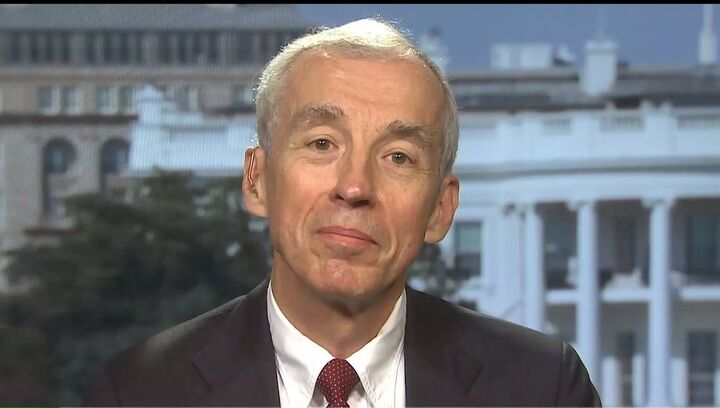







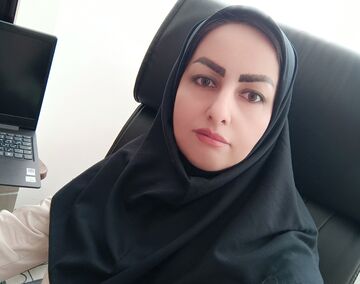

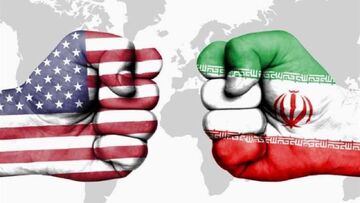
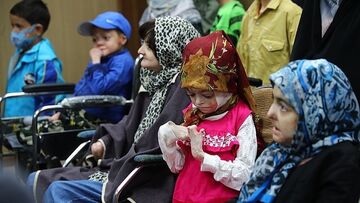

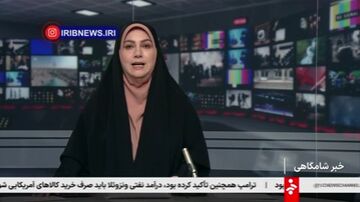
نظر شما